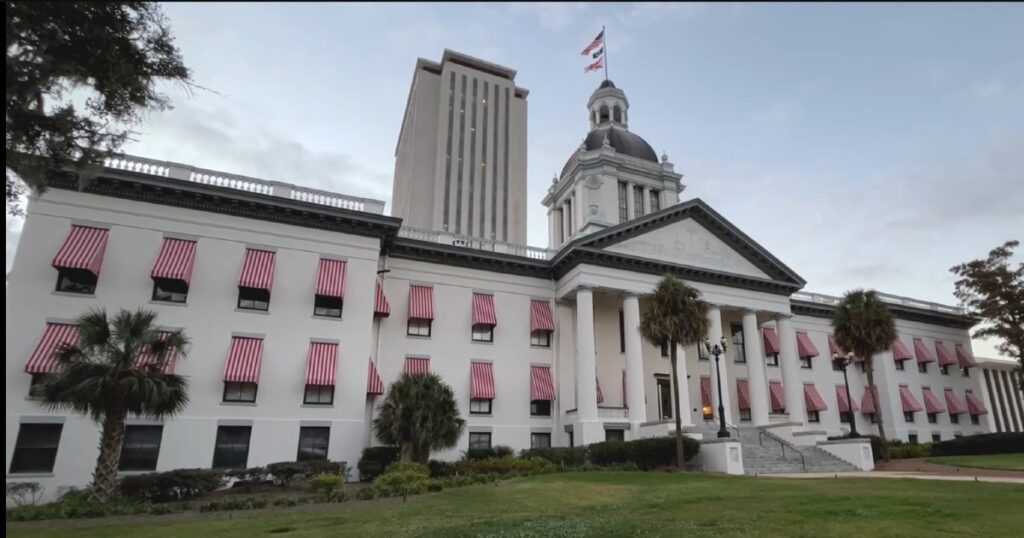Over the past few years, local governments have complained about how state legislators take control of their local areas on issues such as local land use and regulatory decisions.
A small list published by the James Madison Institute details some of the areas the state has overwritten local governments.
Travel and housing issues. Rideshare drivers like Uber and Lyft. Climbing the commercial, industrial and complex spaces that make residential possible, give them some names.
George Gibbs, a policy expert at the Center for Economic Prosperity, notes that the role of anti-growth special interests in the state has grown, prompting Tallahassee to require local governments to accept “specific types” of certain fields zoned as commercial, industrial or mixed use. Florida has also increased funding and tax subsidies for affordable housing developments.
Gibbs also points out that the bill promoted by state legislators would prohibit local governments from having final say on multi-family and mixed-use housing developments with regard to non-simultaneous zoned properties, including religious spaces. Includes height restrictions, parking regulations and other factors aimed at preventing local governments from micromanaging project development.
Elected officials in the state defend their position by stating that local urban and county governments are too regulated. They say their bill limits the deficit when it comes to the timeline of local government permit processing.
George Gibbs says the state’s preemption is an indicator of greater issues regarding local land use plans in Florida (and the nation) and is itself a product of the nation-wide plan.

“Though these legislative proposals are commendable, they fail to address the underlying structural issues of the regulatory system. National leadership management of local land use plans rarely reduces the problems of local government micromanagement,” Gibbs said.
While local governments are incurring delays and costs on proposed projects, Gibbs advocates that state legislators focus on land use types and instead focus on public impact.
The bottom row is at considerable cost if Tallahassee continues to follow the path of having the final say in state-oriented planning and growth management.
“The Florida Legislature has refocused its efforts on nationally oriented preemptive efforts in local government land use plans. A better strategy is to restructure the entire process of regulating development, focusing on developmental impacts, rather than compliance with national law or strict conformances with local land use plans,” Gibbs said.



